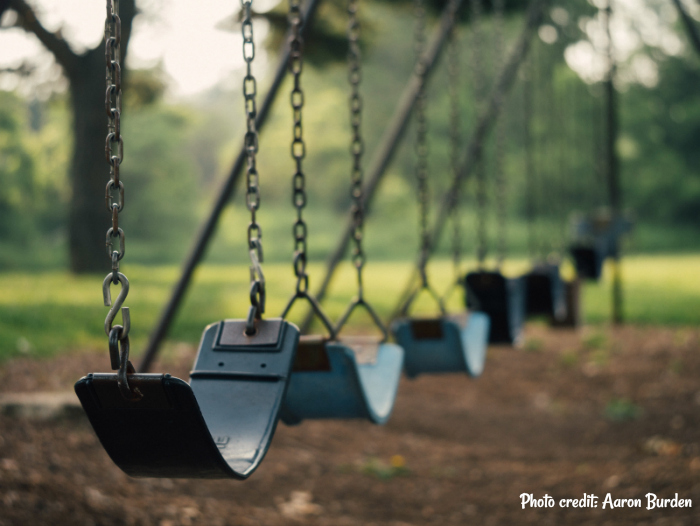Kerby Anderson
One of the cases rendered by the Supreme Court before the justices left town has great significance in terms of government programs and religious freedom. As I said in a commentary two months ago, tires and religious liberty don’t seem like topics that would go together. But a religious dispute over playground surfaces made its way to the Supreme Court and established a very important precedent.
Trinity Lutheran Church in Missouri applied to a state grant program to resurface its playground with recycled rubber. Although the application ranked high in the list of applicants, the state turned them down merely because the applicant was religious. The Supreme Court rightly ruled that once a state created a neutral program for public benefit, it could not exclude a church from the program.
Here’s the important constitutional principle. There is a fundamental difference between establishing a religion and the government deciding not to penalize a religion. You cannot exclude this church from a public benefit merely because it is a church.
If the court had ruled the other way, it would have effectively established a two- tier system. The government can take your tax dollars and provide benefits for the public good, but only secular institutions can enjoy those benefits. Churches and other religious organizations must be prevented from receiving those benefits because they are religious.
Most reasonable people would see that providing tire fragments for playground safety should apply to public parks as well as to a playground in a church, synagogue, or mosque. Unfortunately, not all Supreme Court justices appear to be reasonable. Two justices voted against the church arguing that the decision “profoundly changes” the relationship of the government and religious groups. It does not, and we should celebrate that a significant majority ruled correctly in this important case.
 Listen Online
Listen Online Watch Online
Watch Online Find a Station in Your Area
Find a Station in Your Area











 Listen Now
Listen Now Watch Online
Watch Online
